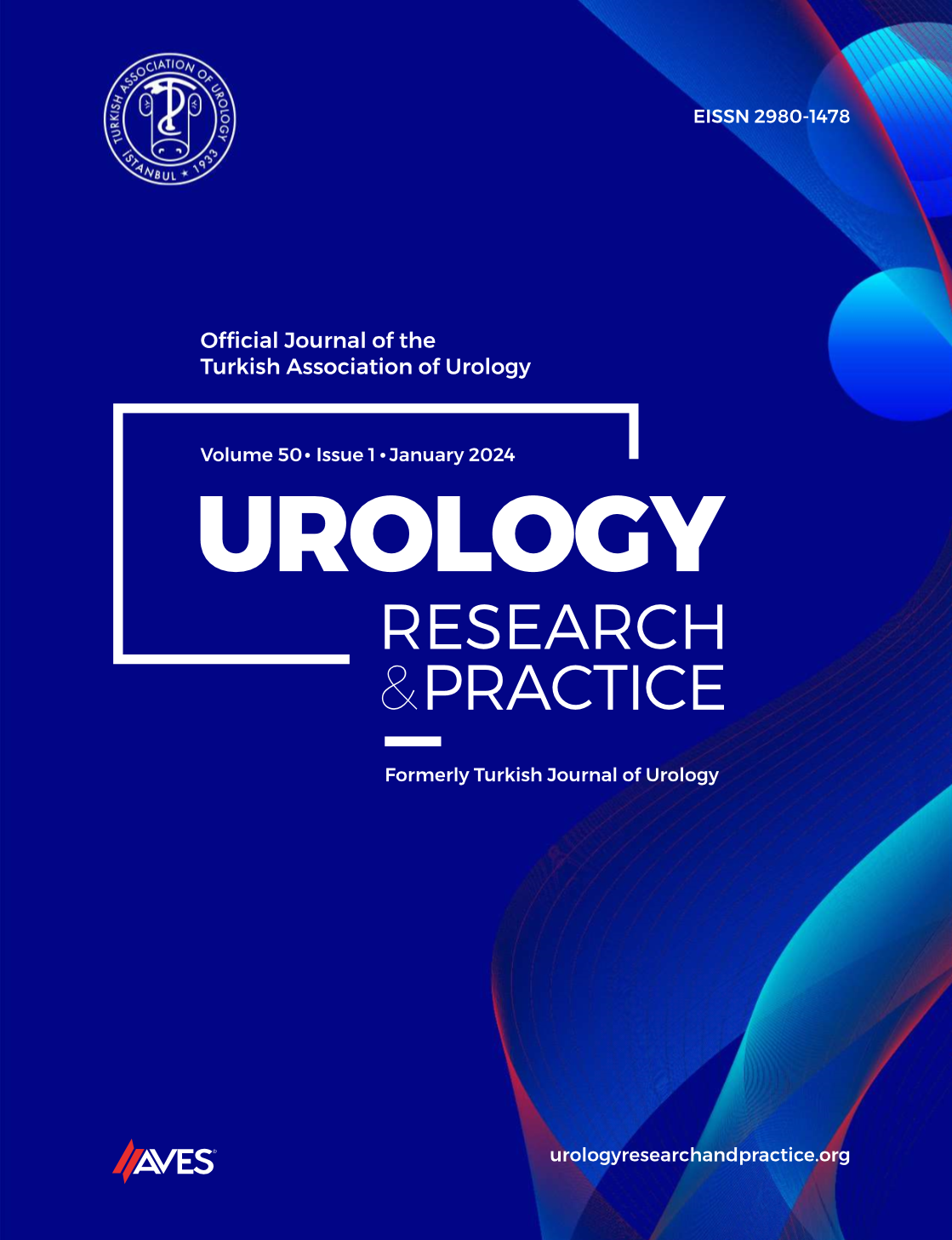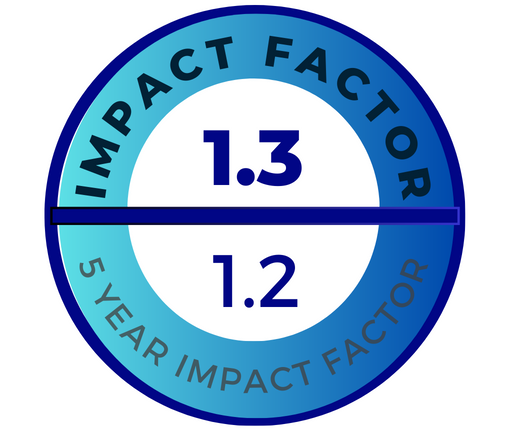Abstract
Objective: The prevalence of fecal incontinence (FI) is 8% in the United States. Many patients will not seek treatment and the condition is underdiagnosed. Sacral neuromodulation (SNM) is effective in treating FI, and so urologists can play a key role in its treatment. We examine the practice patterns and treatment of FI with SNM in our institution.
Material and methods: The electronic medical record was queried for the proportion of patients seen for FI in the institution, the urology department, and among the female pelvic medicine and reconstructive surgery (FPMRS) urologists. The patients who underwent SNM for FI were evaluated for progression to second stage procedure.
Results: The proportion of patients seen for FI is 0.96% in the institution as a whole, 7.9% in the urology department, and 17.9% among FPMRS urologists. Fourteen patients underwent first stage SNM for FI or dual urinary/fecal incontinence, and they all progressed to a second stage procedure. Thirteen of these were performed by FPMRS urologists.
Conclusion: In our institution, the proportion of patients seen for FI was lower than the prevalence of this condition. Because patients with urinary incontinence are more likely to have FI, urologists are in a unique position to identify these patients and offer treatment that can improve their quality of life. We acknowledge a gap in care of the patients with FI and an opportunity for urologists to help patients with this devastating yet treatable condition.
Cite this article as: Moskowitz D, Adelstein SA, Lucioni A, Kobashi KC, Lee UJ. Practice patterns in the diagnosis and treatment of fecal incontinence with sacral neuromodulation: Can urologists impact this gap in care? Turk J Urol 2019; 45(1): 37-41.

.png)


.png)